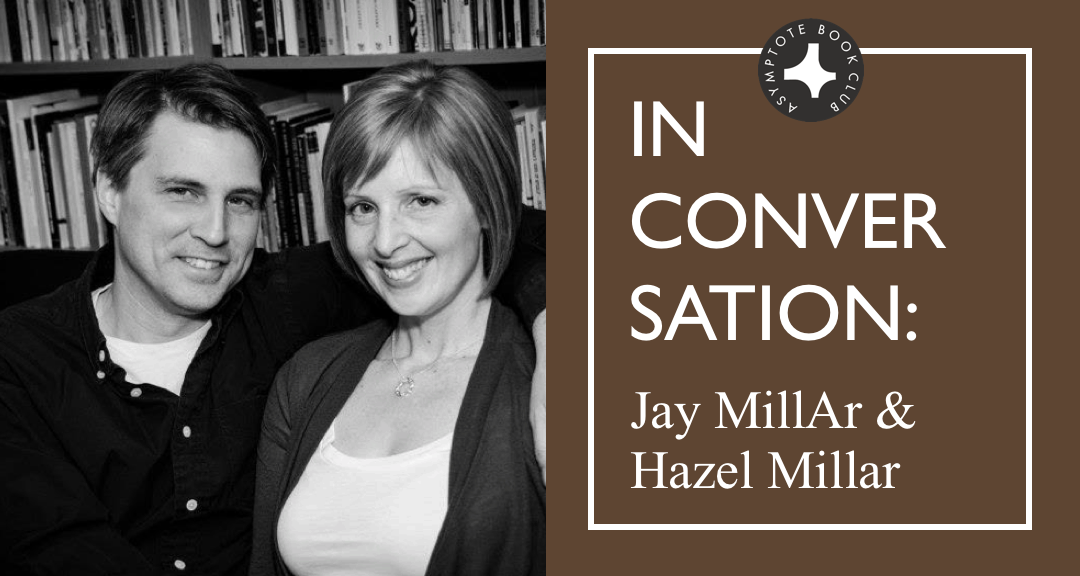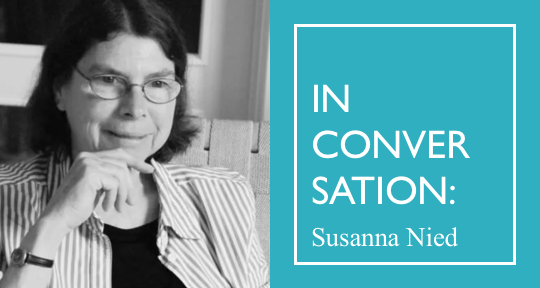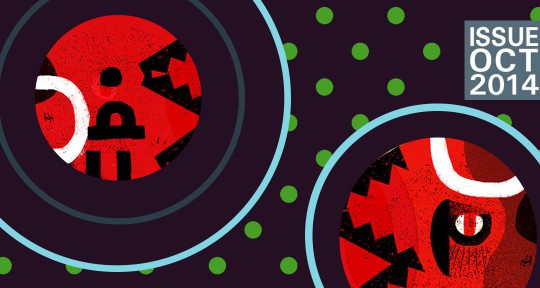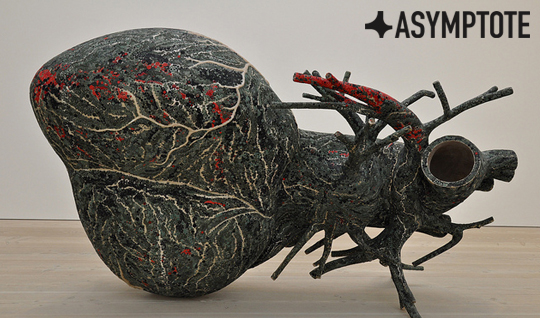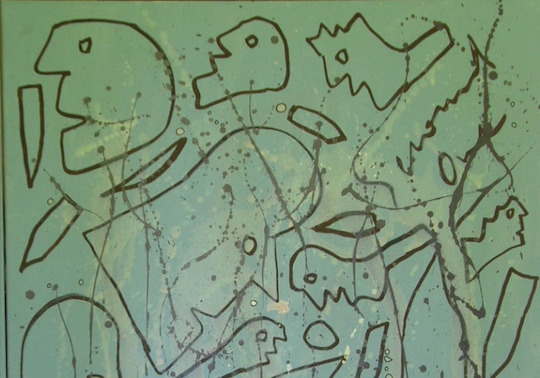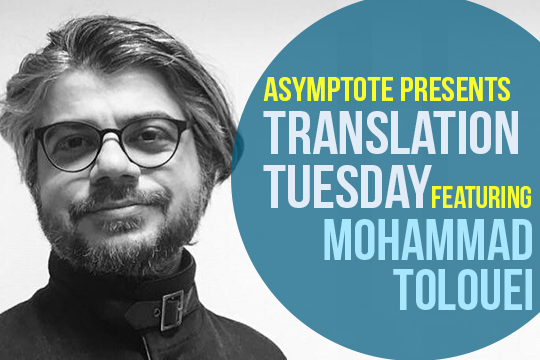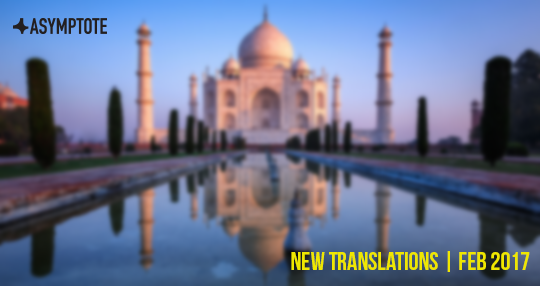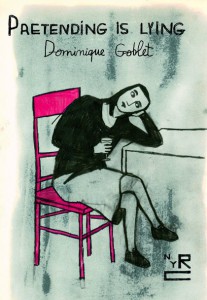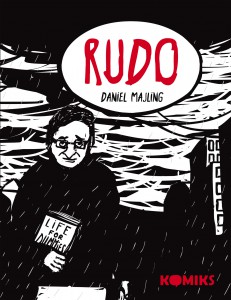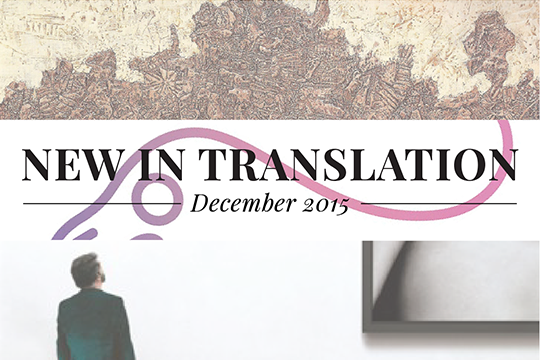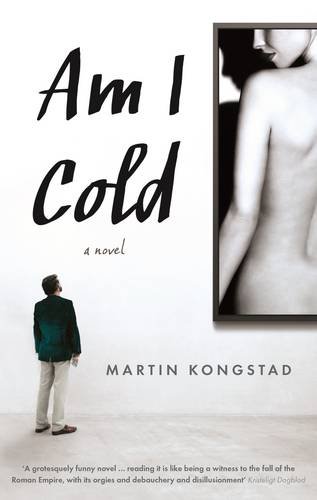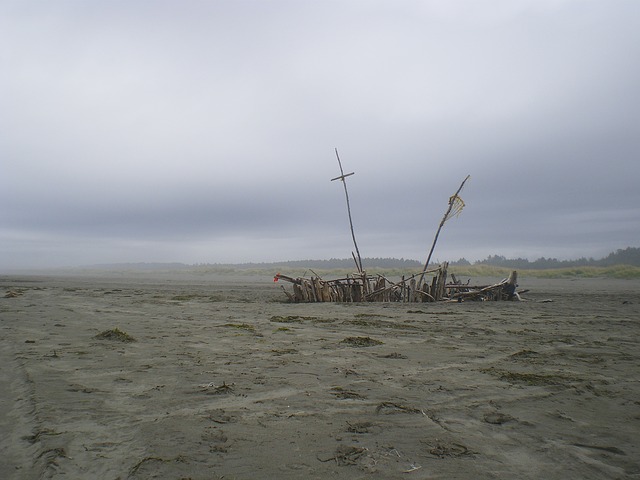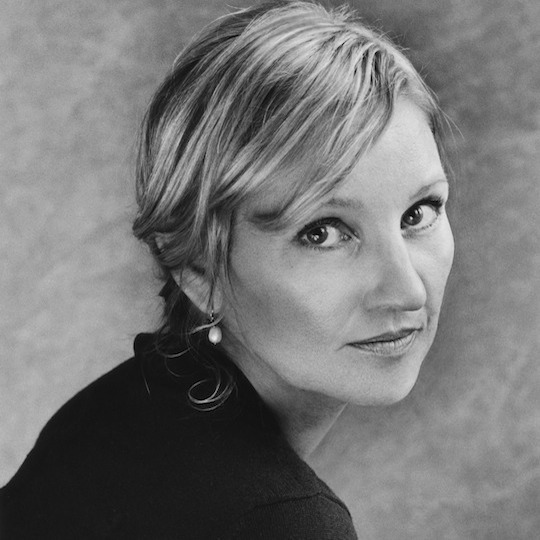Book*hug is an independent Canadian publisher based in Toronto. Since 2004, the press has been committed to bringing underrepresented voices into print and to pushing the boundaries of what literature can be. Book*hug’s first title was translated from the Danish and the press has gone on to publish numerous Scandinavian works in translation alongside French Canadian titles. Sarah Moses, Asymptote’s Editor-at-Large for Argentina, sat down with co-publishers Hazel Millar and Jay MillAr, to chat about their interest in works that take a risk, how translation fits in with what they’re doing as a press, and a few of the titles by French Canadian authors that they’re excited about.
Sarah Moses: How did Book*hug get started?
Jay MillAr: The first book that we ever published was a translation. The Toronto International Festival of Authors always has a country of focus and in 2004 it was Denmark. A focus of the festival that year was on Denmark and there were all these writers coming to Toronto that didn’t yet have books translated in English so the assistant to the director was calling publishers and asking them if they would consider applying for money from the Danish Arts Council and then producing a book in English by one of the authors coming to the festival. I was working at Coach House Books at the time but they didn’t want to do it so I asked if it would be okay if I did it with my imprint, BookThug, which was at that time more or less a chapbook press. They said sure, go ahead, so I applied for the money and received a grant to cover the translation of a book called Pencil of Rays and Spiked Mace, selected poems by Niels Lyngsø, which was translated by Gregory Pardlo, an American poet who had been living in Denmark for some time and was interested in translation.

